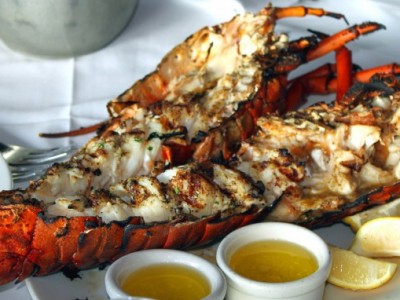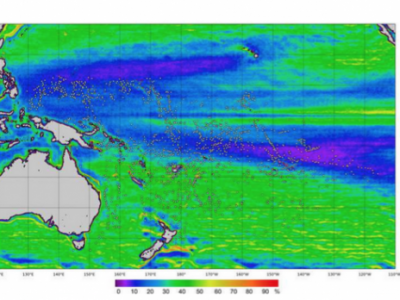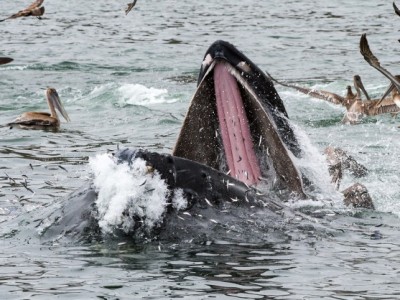Ask an Expert: What impacts will the Trans-Pacific Partnership (TPP) have on the trade of fish and seafood?
On October 5th, twelve countries reached an agreement on the Trans-Pacific Partnership (TPP), which would create the world’s largest free-trade zone. The countries involved — Canada, Japan, the USA, Brunei, Chile, New Zealand, Singapore, Mexico, Vietnam, Australia, Peru and Malaysia — represent 40 percent of the world’s economy. The TPP would see tariffs on fish and seafood being eliminated, allowing for potentially more exports and imports between partnering countries, and new environmental and labour standards put in place.








